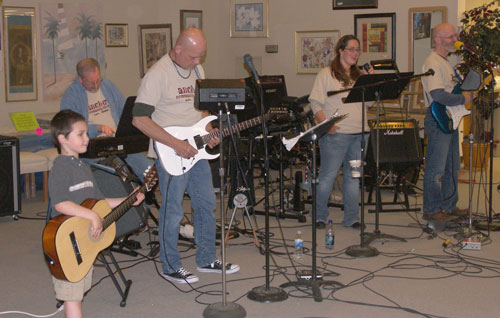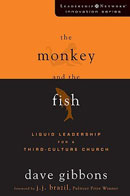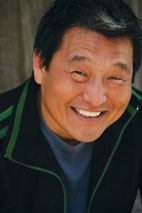“The best combat reporting book since Dispatches,” is how reporter/novelist Pete Hamil described it, or something close to that. He made the comment on Morning Joe a couple months ago, just as New York Times reporter Dexter Filkins joined the set to talk about his new book, “The Forever War,” about his experiences in Afghanistan and Iraq. I’m reading it right now. It’s excellent.

Hamil’s remark made me think again about Dispatches, Michael Herr’s 1978 classic. It was among five Vietnam books I read real close together in the early 1980s. I’ve still got them all, with underlined passages that struck me at the time. All of these books were in print years before the movie “Platoon” thrust Vietnam fully into the American conversation.
Nam, by Mark Baker (1981), an oral history in the tradition of Studs Terkel.
Everything We Had, by Al Santoli (1981), an even better oral history by 31 American soldiers who fought in Vietnam. Santoli was a highly decorated soldier in Vietnam (including 3 Purple Hearts).
Something I underlined: “We did a fine job there. If it had happened in World War 2, they still would be telling stories about it. But it happened in Vietnam, so nobody knows about it. They don’t even tell recruits about it today. Marines don’t talk about Vietnam. We lost. They never talk about losing.”
A Rumor of War, a war memoir by Philip Caputo (1977), Caputo first arrived in Vietnam in 1965 as a marine, and saw plenty of combat. Later, he returned as a foreign correspondent for the Chicago Tribune. He’s a masterful writer.
Something I underlined: “Our mission was not to win terrain or seize positions, but simply to kill: to kill Communists and to kill as many of them as possible. Stack ’em like cordwood. Victory was a high body-count, defeat a low kill-ratio, war a matter of arithmetic.”
Home Before Morning, by Lynda Van Devanter, who spent a year in Vietnam as an Army nurse (1983).
But I’d say Dispatches was, indeed, the best. And it’s acclaimed as one of the best pieces of war reporting ever. Herr wrote for Esquire, not for a staid newspaper, and his writing reflects that with passages that are often surreal and off-beat. I may need to re-read it.
Something I underlined: “Patrols went out, patrols collided, companies splintered the action and spread it across the hills in a sequence of small, isolated firefights that afterwards were described as strategy.”
How does “The Forever War” match up? It ranks right up there, and I wouldn’t doubt Filkins wins a Pulitzer. It’s that good.
But all things considered, I’ll still take Ernie Pyle’s writing from World War 2.







 I wrote a review of David Gibbons’s book “T
I wrote a review of David Gibbons’s book “T Gibbons (left) mentions an interesting study. People were shown three pictures: a chicken, a cow, and a bale of hay. Which two pictures were more alike?
Gibbons (left) mentions an interesting study. People were shown three pictures: a chicken, a cow, and a bale of hay. Which two pictures were more alike?


